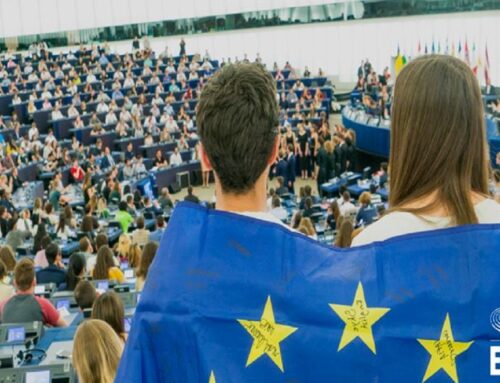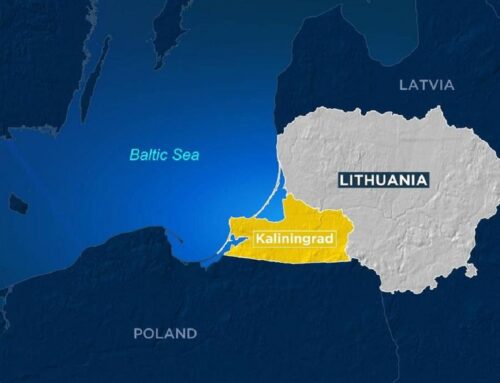There are few places in the world quite like the Republic of Serbia. It seemingly possesses a contradictive existence between the social aspects and the political workings of the nation, which often clashes against the Western modus operandi. Yet in many aspects, this country embodies the epitome of Western and progressivist goals. It seems that they have achieved the basis of freedom to truly enjoy life by going back to the most basic principles of happiness, to have a fulfilled life. Even if they are lacking the ability to afford as many materialistic things as the West, they possess the mentality and capability to march forward towards a better economy and therefore a better future. With this, despite their many wars and crises, Serbians have managed to maintain relations with their neighbors by using one of their richest and most basic resources, their soil, to attain food security and strategic partnerships.
Serbia posesses some of the most fertile and richest soil in Europe which has remained prime for agriculture. It is a common saying that Serbia has enough food to last over 10 years without any more production. And this food is not the Monsanto, Dupont and GMO riddled agriculture of the American West, it is fresh and “pure” food that is cultivated through “the old ways”. In the smaller villages, you can still witness horses and small tractors being used to plow fields. Serbians are quite proud of their fresh and “pure” food which is incomparable to the West in its taste, affordability and accessibility; Only attributing to their mentality that Serbians have the best foundation for a good life, and everything else is just extra. And this basic good, being food, is used as a potent tool by Serbia to foster relations with its near and distant neighbors. As a consequence of the sanctions, Russia was unable and continues to be uninterested in importing fruits and vegetables from the EU, and Serbia gladly fills this void for Russia and her close non-Western allies, namely Belarus, Kazakhstan and China. In exchange, they sell Serbia military equipment for a lower price. Therefore, food has paved the way for these countries to become military and strategic partners despite the pressures of the EU and a stifling political environment. In addition, due to its expanding agricultural sector, both small and large-scale farmers in Serbia reap the benefits.
Serbia also continues to improve relations with its nearest neighbors. They export greatly to the Serbian areas in Bosnia and Herzegovina; many Serbians do not view these regions as another country, but as their fellow Serbs and an important partner. The same applies to the Serbians residing in Kosovo, Croatia and Montenegro who supposedly cannot claim their Serbian identity due to discrimination against Serbs. This allegedly explains why the number of people identifying themselves as Serbian in these neighboring lands are much lower than the actual number; They would face reprisals and it could inhibit employment opportunities. Despite these regional issues, Serbia is also a close political ally with Romania, Slovenia and Macedonia. Slovenia is viewed as the most Western-oriented and should frankly be left to do whatever they want. However, there are more negative feelings towards their close neighbor Bulgaria. Many Serbians still harbor resentment for Bulgaria’s actions during Balkan wars. Despite this, it is impressive how Serbia has used such a simple, basic and yet necessary commodity such as fruit and vegetable exports to build relationships and foster growth after the recent and devastating Yugoslav civil wars.




Leave A Comment